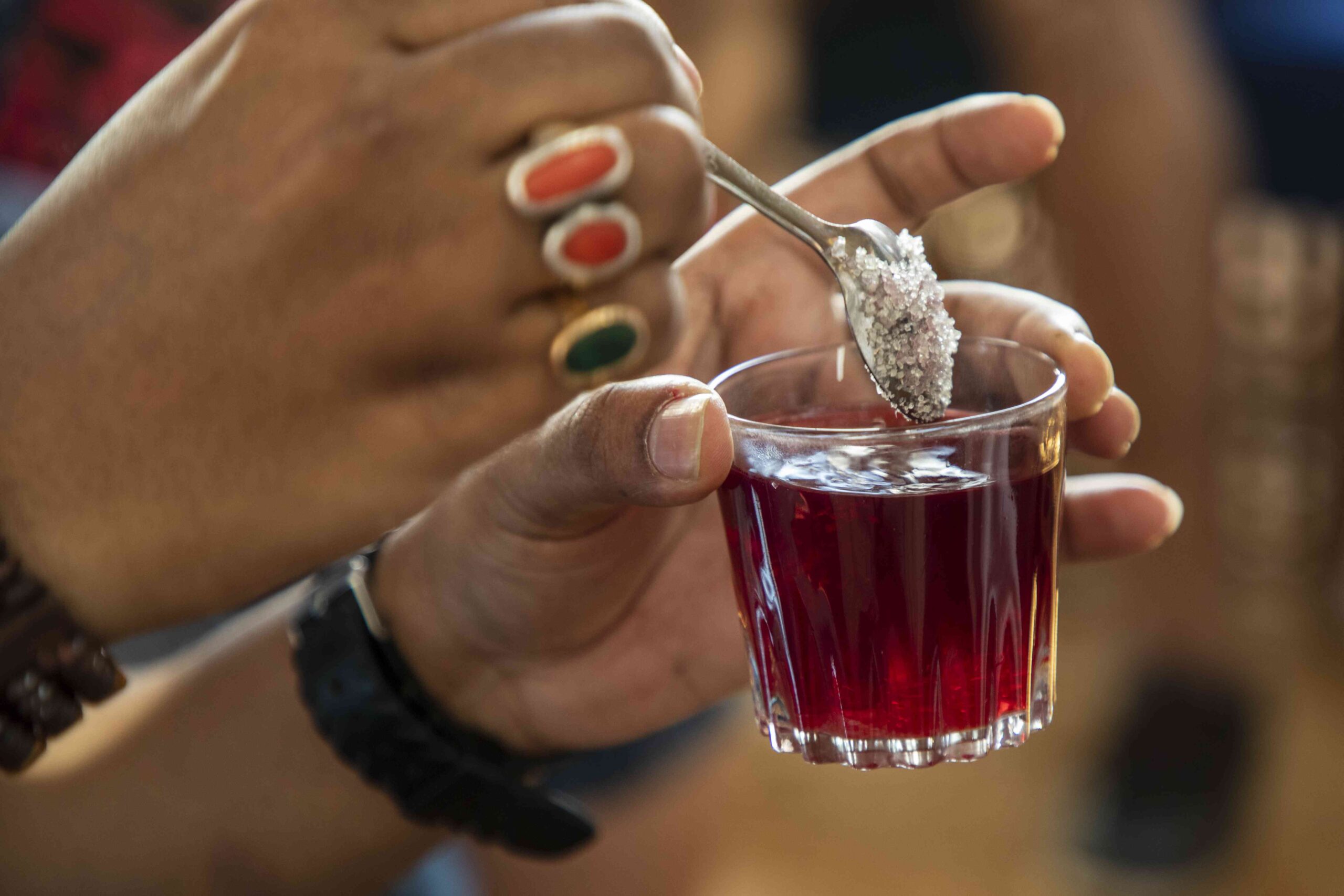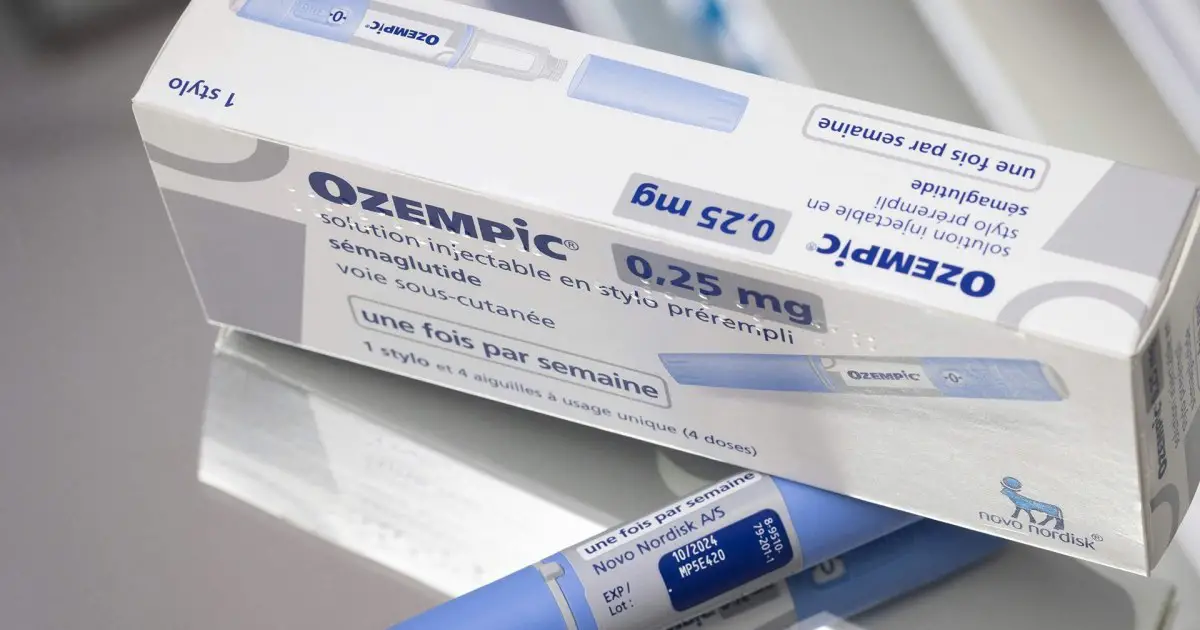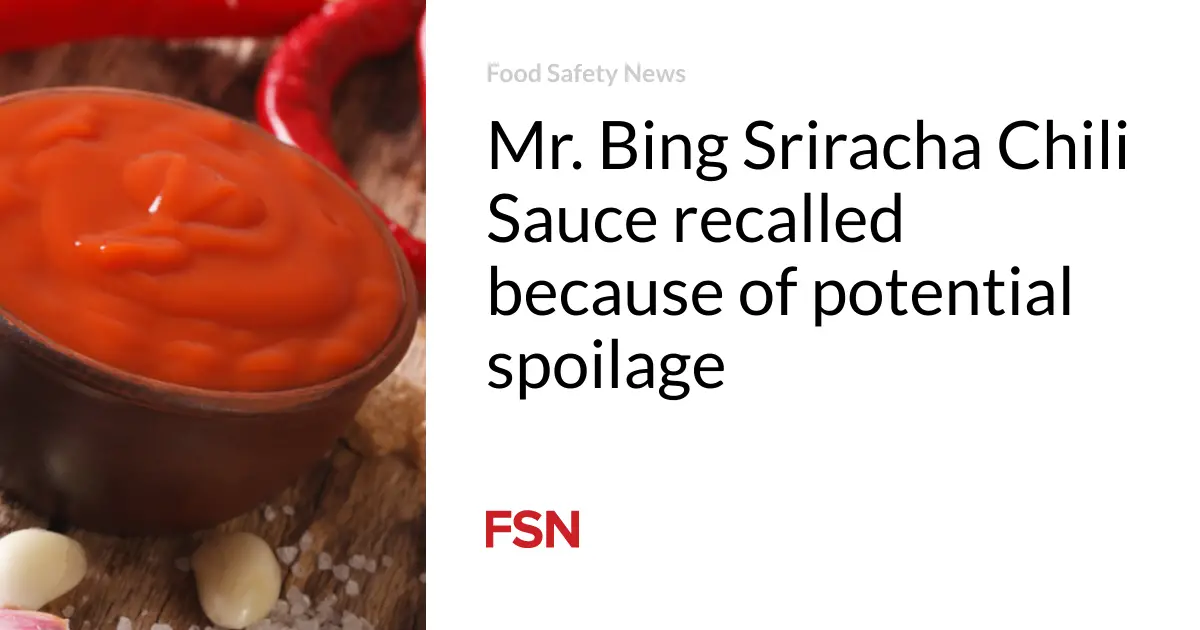
[ad_1]
:max_bytes(150000):strip_icc():format(jpeg)/Health-GettyImages-1184809516-6018935bca1b44d3a29e7786ba8bd108.jpg)
Sugar alcohol is a compound naturally found in fruits. It is also commercially produced and added to foods and beverages. Because sugar alcohol gives a sweet taste, it can be used as an alternative to sugar and other sweeteners.
Sugar alcohol may be added to products like sugar-free sweets, cereals, salad dressings, flavored yogurts, and sugar-free soft drinks. It’s also commonly used in oral care products because the compound can benefit dental health.
While sugar alcohol has fewer calories than sugar and does not spike glucose and insulin, side effects may occur with higher doses. Knowing sugar alcohol’s benefits and risks can help you choose the best options for your health.
Currently, seven sugar alcohols are commonly used in the food, beverage, and pharmaceutical industries. Types of sugar alcohol include:
Sugar alcohol has been used as a sugar alternative for a while. For example, in the United States, mannitol was approved in 1950, and xylitol was approved in 1960. Some people started seeking sugar alternatives like sugar alcohol to reduce their sugar intake since consuming too much sugar has been linked to negative health effects like type 2 diabetes and hypertension (high blood pressure).
Sugar alcohols can be commercially produced in a few ways, including natural fermentation by bacteria or yeast, extraction from plants, or chemically changing sugar.
Sugar alcohols are a type of sweetener. Other types of sweeteners include:
Sugar alcohols have differences and similarities with other sweeteners:
- Origin: Sugar alcohols (as well as novel sweeteners) can be derived from natural sources or produced artificially. However, artificial sweeteners are only made artificially.
- Sweetness: Sugar alcohols, except xylitol, are not as sweet as sugar. Some sweeteners can be up to 20,000 times sweeter than sugar. Therefore, sugar alcohols are generally less sweet than sugar and other sweeteners.
- Blood glucose effect: Sugar alcohols, artificial sweeteners, and novel sweeteners contain zero or fewer calories than sugar. They generally have little or no effect on blood glucose levels.
- Digestive effects: Bacteria in the colon partly break down sugar alcohols, which can cause digestive symptoms such as gas, bloating, and diarrhea. Both sugar alcohols and other sweeteners may cause gastrointestinal (GI) issues in some people.
- Dental health: Sugar alcohols, artificial sweeteners, and novel sweeteners do not contribute to tooth decay. However, only sugar alcohols have a protective effect on dental health. On the other hand, natural sweeteners contain sugar, which feeds acid-producing bacteria, contributing to tooth decay.
In the food industry, many ingredients are added to foods to improve taste, quality, or health. Ingredients are approved when evidence supports they don’t harm health at all, or at least at specific doses.
Sugar alcohols are not only used to increase the sweetness of foods and drinks. Their chemical structure and features are helpful in many ways. Sugar alcohols are used in:
- Sugar-free foods and beverages: Sugar alcohols are commonly used in sugar-free and diabetes-friendly products. Because they are partially broken down, they contain few or no calories.
- Food production: Sugar alcohols are used as food additives to preserve foods’ physical and chemical characteristics. For example, isomalt is used as a bulking and anti-caking agent, and maltitol is used as a fat substitute because it gives a creamy texture.
- Oral care products: Toothpaste and mouthwash can contain sugar alcohols like xylitol, sorbitol, or mannitol. The ingredient improves taste, texture, and shelf life. It also benefits dental health. Bacteria in the mouth digest sugars, producing acid. An acidic environment can damage the teeth and cause decay. Sugar alcohols are not as easily digested by bacteria, so they do not contribute to an acidic environment. Xylitol also decreases the mouth’s acidity, promoting a healthier oral environment.
- Pharmaceuticals: Sugar alcohols can make some medications or wellness products taste better. They also increase moisture retention, volume, and texture. Some sugar alcohols, like sorbitol, can be used in medications because of their laxative effects. Another example is xylitol, which is used in cough syrups, throat lozenges, and chewable vitamins. Mannitol is used in breath-freshening products because it gives a cooling sensation.
Sugar alcohols are associated with health benefits when not consumed in high doses.
One of the biggest benefits of sugar alcohols is that they can help control blood glucose (sugar), which is crucial in managing diabetes. High-sugar foods can cause spikes in blood sugar and insulin levels, making it difficult to maintain target blood sugar levels. Sugar alcohol has a minimal effect on blood sugar.
Sucrose, a type of sugar, has a glycemic index of 69 and an insulinemic index of 48. These high scores mean sucrose can spike both glucose and insulin levels. Sugar alcohols have a glycemic index of 0-35 and an insulinemic index of 0-27, so they have little impact on blood glucose and insulin levels.
However, not all sugar-free or no-sugar-added products with sugar alcohol are good choices for diabetes because they may still contain carbohydrates that affect blood sugar levels.
Sugar alcohols are also a dental-friendly replacement for sugar in dental products. Xylitol can especially contribute to oral health. It works against bacterial attachment to the surface of teeth (enamel), strengthens teeth with minerals (remineralization), and promotes saliva production, which protects teeth.
All seven sugar alcohols have a Generally Recognized as Safe (GRAS) status from the U.S. Food and Drug Administration (FDA). This means they’re safe for their intended use. However, some people may experience side effects, especially if they consume too much of the ingredient.
Sugar alcohols are partially absorbed in the small intestine. The rest are fermented by bacteria in the colon, producing gas. Consuming a lot of sugar alcohol can cause symptoms such as gas, abdominal discomfort, flatulence, and diarrhea.
There is also some evidence that suggests sugar alcohol may increase the risk of cardiovascular conditions like heart attack and stroke. This may be because xylitol and erythritol can cause abnormal function of platelets (a type of blood cell), which can lead to cardiovascular events. However, more research—particularly in humans—is needed.
Not every sugar alcohol is equally well tolerated. Some cause side effects in smaller doses than others. For example, sugar alcohols such as erythritol, xylitol, maltitol, and isomalt are generally well tolerated up to 50 grams (g) a day. However, sorbitol and mannitol may cause digestive symptoms in smaller doses, such as 20 g daily.
The FDA does not specify an Acceptable Daily Intake (ADI) for sugar alcohols. The European Food Safety Authority (EFSA) is reevaluating safe doses for sugar alcohols. For example, EFSA’s re-evaluation of erythritol was concluded in 2023, and the report indicated that 0.5 grams per kilogram (kg) of body weight of erythritol is not likely to cause adverse effects.
You can check the ingredient list and nutrition facts label. Some manufacturers voluntarily tell how much sugar alcohol is present in a product and what type of sugar alcohol it is.
Sugar alcohols are an alternative to sugar and artificial sweeteners. Xylitol, sorbitol, and mannitol are a few types of sugar alcohol. They can help make food and beverages taste sweeter yet contain fewer calories than sugar or artificial sweeteners.
Sugar alcohol also doesn’t cause spikes in blood sugar levels or contribute to tooth decay. Still, be aware of overconsumption, which may cause gastrointestinal symptoms.
[ad_2]
Source link





